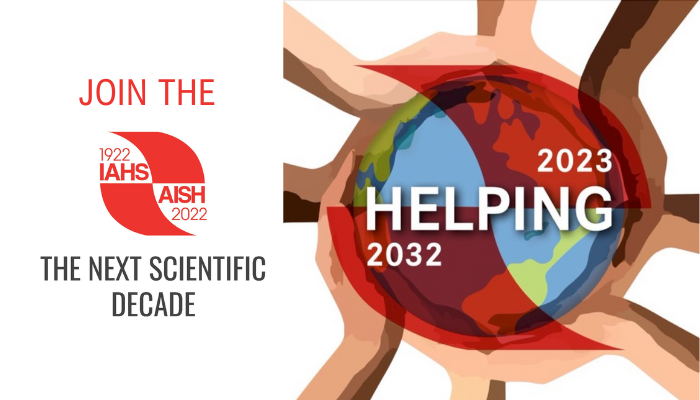As a child, I was a huge fan of LEGO. I would spend hours building and creating structures, vehicles and landscapes. For every birthday & Christmas, I wished for the newest sets of these colorful plastic bricks. While building the sets manually was fun, creating something new from my own fantasy was even better. It seemed like once I had a substantial amount of different bricks, combination po ...[Read More]
Do-It-Yourself (DIY) in Geoscience Miniseries – Part 1: Microcontrollers
We geoscientists need all different kinds of data: soil moisture, water-levels, snow height, radiation, precipitation height and the list goes on. However, the devices we need to generate that data are often too expensive, not available or even don’t exist. Therefore, it’s sometimes necessary to build them yourself (like many geoscientists do – those who annually present their senors p ...[Read More]
Join the IAHS’ New Scientific Decade: Science for Water Solutions – HELPING
What are the most pressing research topics in the international community of hydrologists? What are people working on? And how can you become involved? Many hydrologists, especially early career scientists, struggle to find answers to these questions. That is where the scientific decades of the International Association of Hydrological Sciences (IAHS) come in. Specifically, its latest one – ...[Read More]
Floods and droughts: two sides of the same hydrological coin
This is not (only) a flood. Inspired by Magritte’s painting: ‘Ceci n’est pas une pipe’ After an alarming dry winter, the European continent has been enduring weeks of a record-breaking heatwave across the southern regions, while coping with scattered, intense precipitation and flash floods. In Zaragoza (Spain), recent flash floods swiftly transformed the previously dry landscape into raging rivers ...[Read More]




